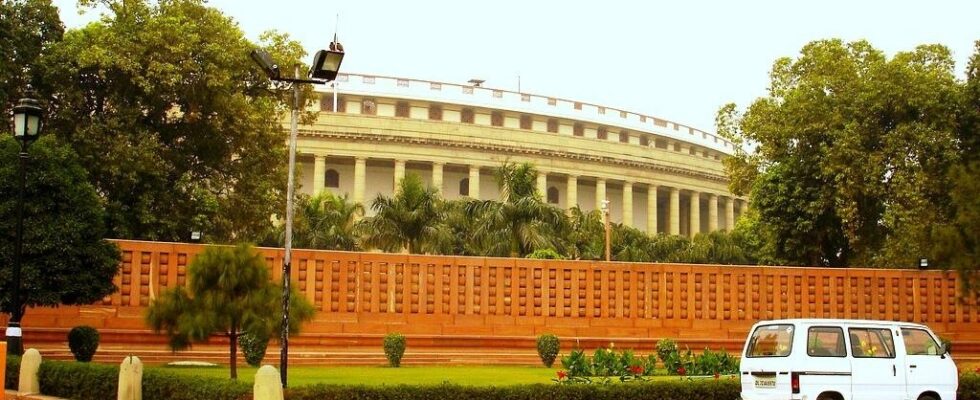In India, the first session of parliament opens on Monday June 24, with a political landscape turned upside down. After the biggest elections in the world, 543 deputies were appointed or reappointed on June 4. Prime Minister Narendra Modi’s coalition has been reduced, the opposition strengthened, and Indian parliamentary life will therefore experience major changes.
1 min
With our correspondent in New Delhi, Como Bastin
Narendra Modi is re-elected, but within a coalition, which will impact its style of governance and its program, analysts believe. After ten years of unchallenged rule, Indian politics should change, because the BJP must now form an alliance to obtain a majority in parliament.
Among the burning questions, who will be the president of the Assembly? Out of a desire for openness, many predict that the regional parties JDU or the TDS, which have allied themselves with Narendra Modi, could receive this crucial parliamentary post.
Who will also be the leader of the opposition? United in a coalition, the opponents of Narendra Modi are now significantly more numerous. Rahul Gandhi, the star of the Congress Party, is expected to lead the charge against the weakened Prime Minister.
This new political landscape could lead Narendra Modi to temper his authoritarian tendencies and moderate its attacks on religious minorities. The next few months will tell. This while this new parliament has fewer women and fewer Muslims.
Read alsoIndia: a lackluster victory for Narendra Modi
